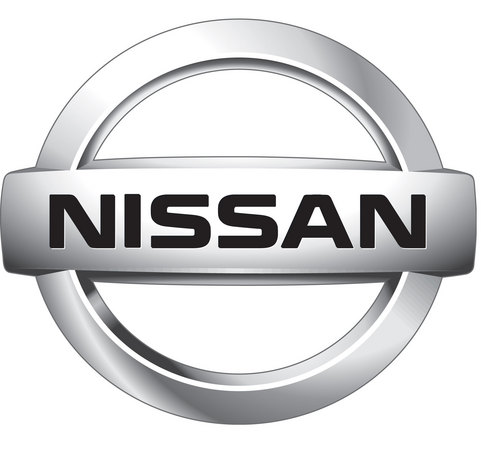Nissan Global Corporate Activities Reduce CO2 Emissions by 15.4 Percent
 |
YOKOHAMA, Japan--June 25, 2014: Nissan Motor Co., Ltd. reduced CO2 emissions from global corporate activities in fiscal year 2013 while increasing vehicle production by 5.1 percent. The 2.0 percent cut in CO2 during the year puts the company on track to achieve its goal of a 20 percent reduction by fiscal year 2016, compared to 2005. Nissan set the target in its mid-term environmental action plan, the Nissan Green Program 2016 (NGP2016). CO2 emissions through Nissan's corporate activities* have already been reduced by 15.4 percent (t-CO2/vehicle)** during the program.
Sustainable mobility is a key corporate objective for Nissan. The company is the world's biggest manufacturer of zero emission all-electric vehicles. Sales of the Nissan LEAF have reached 120,000 units. Nissan is building on its lead in electric passenger vehicles by launching the e-NV200, an all-electric van in the LCV segment.
Nissan is reducing the environmental impact of its corporate activities through widespread power conservation. Energy procurement is being shifted toward more sustainable sources, like biomass and solar power. For example, in Mexico, Nissan is using wind turbines to help run its Aguascalientes plant. In Japan, Nissan will increase the amount of renewable energy it buys from 5,200 MWh to four times that amount by fiscal year 2016 through the Power Producers and Suppliers (PPS) system. A result of the deregulation of the energy market in Japan, the PPS system allowed new electricity suppliers and retailers to enter the market, including these that generate power from sustainable sources. The clean electricity will be used in factories and in sales outlets' quick chargers where customers can plug in Nissan LEAF vehicles to recharge their batteries. Charging of EVs with clean energy puts the company one step closer toward the realization of zero-emission mobility.
The following list contains the primary activities and results for NGP2016 in fiscal year 2013. Further details of activities and results for NGP2016 can be found in Nissan's "Sustainability Report 2014."
| Main Activities Progress | Progress Achieved in FY2013 |
| 1) Zero-emission vehicle penetration | Preparation to launch the second EV model, the e-NV200 (sales commenced in June 2014) |
| 2) Fuel-efficient vehicle expansion | Corporate Average Fuel Economy improved by 31.5 percent over FY2005; CVT-equipped vehicle sales at 2.79 million units |
| 3) Corporate carbon footprint minimization | CO2 emissions from corporate activities reduced by 15.4 percent (t-CO2/vehicle vs FY2005) |
| 4) New natural resource use minimization | Fortification and set up of water conservation goals within the global Nissan group |
** Calculated by dividing the CO2 emissions from Nissan's global corporate activities with Nissan's global unit sales. The methodology for calculating has been reviewed from fiscal year 2013.


